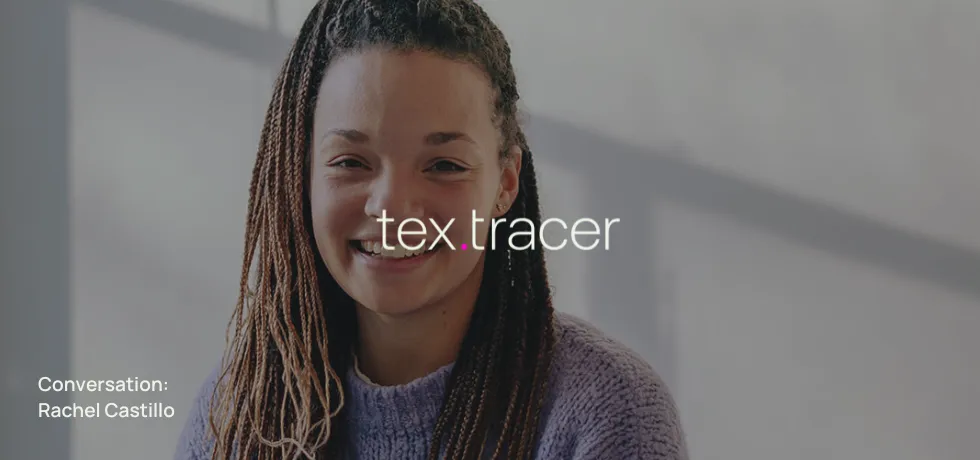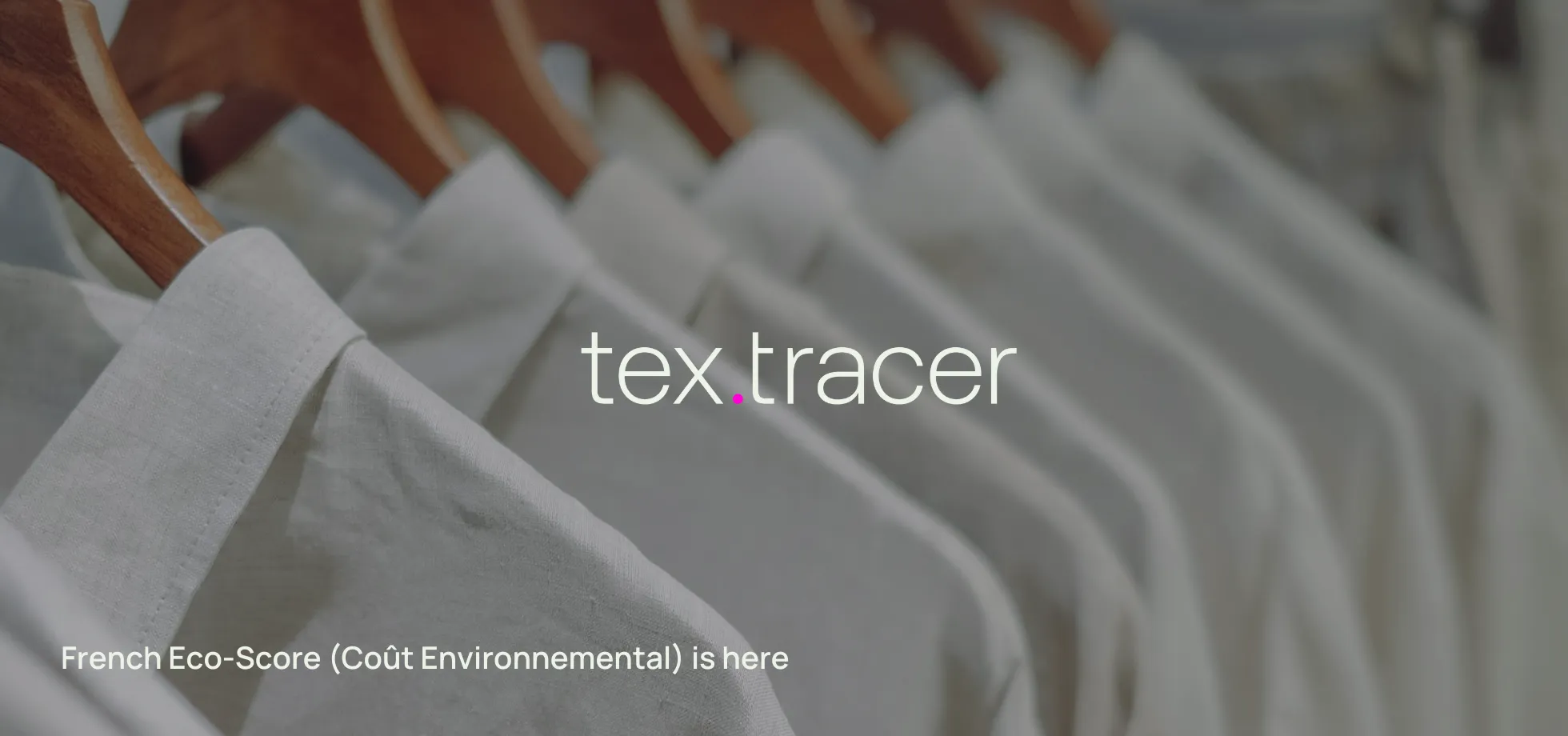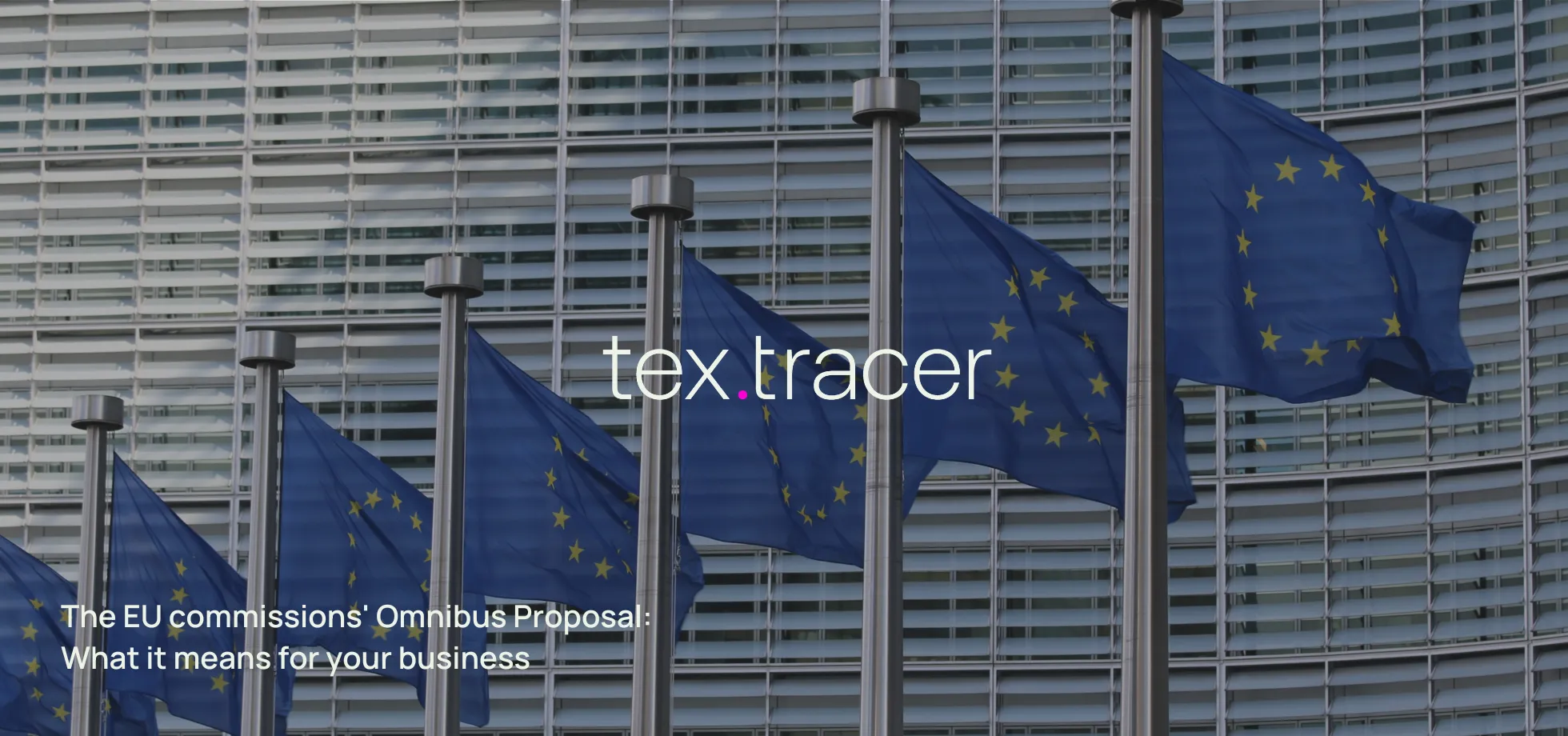Meet & greet!
Rachel has been in many production countries and has worked on sustainability within several companies. Currently, she is working independently to advise companies that are willing to take responsibility and helps them to implement regulations and guidelines. Rachel invited us over to her lovely apartment in Amsterdam, where we spoke about the importance of transparency in the fashion supply chain.
What is your motivation to focus on human rights?
“I feel and see the person who stitched the clothes. Additionally, I have had some conversations with people in producing countries that have touched me, those conversations were so meaningful to me that every time a picture these moments I know what I need to do. Sometimes I feel like whenever people think of sustainability or human rights in the fashion industry, they see it as a heavy topic. I see working on human rights in the fashion industry as something beautiful. For her, it is about creating decent lives for people.”
What is your vision of transparency? How important do you consider this in the fashion industry?
“I think transparency is one of the most important aspects to work towards responsible work circumstances in the fashion industry. However, I do see it as a means to an end. Transparency is a tool to work towards responsible work circumstances. Without transparency, where would you start?”
In what way do you want to contribute to the fashion industry?
“Making companies aware of their behaviour and impact in the supply chain and support them so that they can act responsibly. An example is the purchasing practices of a company. This is something they can influence directly. As a company, you can think, for example, about your production planning. Does the supplier have enough time to produce the goods? If not, the supplier might face the problem that there is not sufficient time for their employees to produce the goods. In this case, people in the factory need to work longer so overtime will increase, or the option might be that the production will be outsourced to another facility where you don’t even know how the working conditions are. I want to support companies in getting aware of what risks exist when it comes to producing in certain countries and how to stop or minimise those risks.”
Have you noticed a lot of resistance from suppliers so far?
“Yes, but it also depends on the relationship between the supplier and the company. I can see companies that have a healthy and warm relationship with their suppliers are making steps at ease, they have mutual trust. Whereas another company with an unstable relationship with suppliers and trust and soft skills are missing, it becomes more difficult to work towards a responsible business.”
In your opinion, what is the most urgent issue in the fashion industry?
“Socially, I think the most urgent issue is that people do not earn a living wage. Even more now after the Covid crisis which resulted in so many orders being cancelled that the situation in the producing countries has become even worse than before. Earning a living wage is the remuneration received for a standard work week to afford a decent standard of living for their family. The lack of a living wage can be linked to other labour rights violations. For example, people start working at a young age, pretending to be of legal age, because their parents cannot afford the cost of caring for their families.”
How do you think we can make sure consumers will pay true prices for products?
“For now, I only see it happening when every fashion brand turns the selling price into the true cost’’.
And what is your opinion on consuming less?
“The quantities we consume make no sense at all. Not only in clothes, but in everything. When you need an all-purpose cleaner, there might be 20 different types of fragrances. Do we need that? I believe if we are going to question ourselves ‘is this something I need?’ each time we buy something, people are going to consume less.
And what about your environment, do you feel like you have an impact on their contribution to the fashion industry?
“I have tried to convince the people around me all the time. Whenever I learned something new, I became enthusiastic and thought: ‘’this is something everyone should know’’. At some point, I realised that convincing could be annoying for someone else. But through my (sometimes annoying) lectures, people in my environment at least know what is happening in the fashion industry. However, every person is responsible for the choices they make and what kind of products they buy.’’
Get to know Rachel:
During her studies in Fashion & Management at the Amsterdam Fashion Institute, Rachel moved to India for an internship at an NGO, investigating the rights of women in the factories. Together with Fair Wear, she visited various factories to give workshops on labour rights.
“Visiting the factories in India and China was a real eye-opener for me, and this also sparked something in me to do something about it. What I also found shocking, was that I, in the Netherlands as a consumer, knew nothing about the situations in production countries. When you enter a store, you have no clue what has happened before the product reaches the store, you only see the product. That’s when I thought, this world needs to be connected to the consumer world, as it felt hidden. Transparency is an important means to do so.
After my internship, I started working at Sissy-Boy and Tumble ‘n Dry, in the CSR department and started a master’s in responsible management in Berlin. After this, I worked at the Agreement on Sustainable Garments and Textile, whereat I consulted various companies on several aspects related to sustainability, transparency, and how to tackle serious issues in the supply chain. When the agreement came to an end last year, I started my company. Now I advise all sorts of fashion companies on how they can be responsible.’’
Want to get in contact with Rachel? Check her website or LinkedIn for more information: https://www.rachelcastillo.nl




